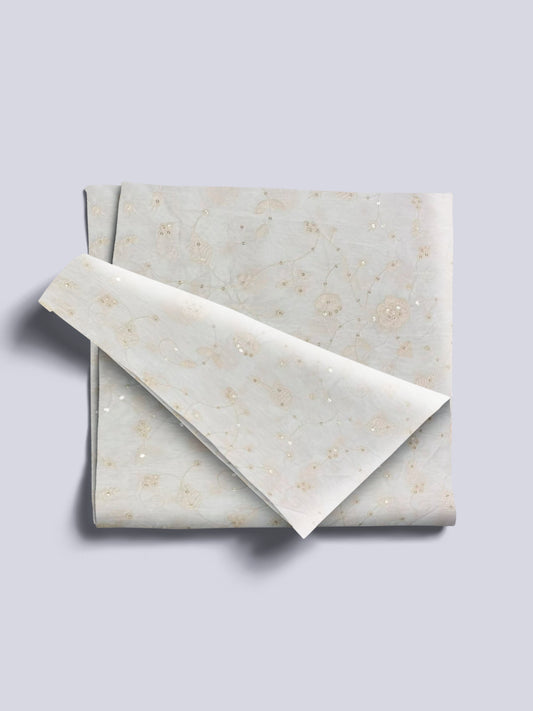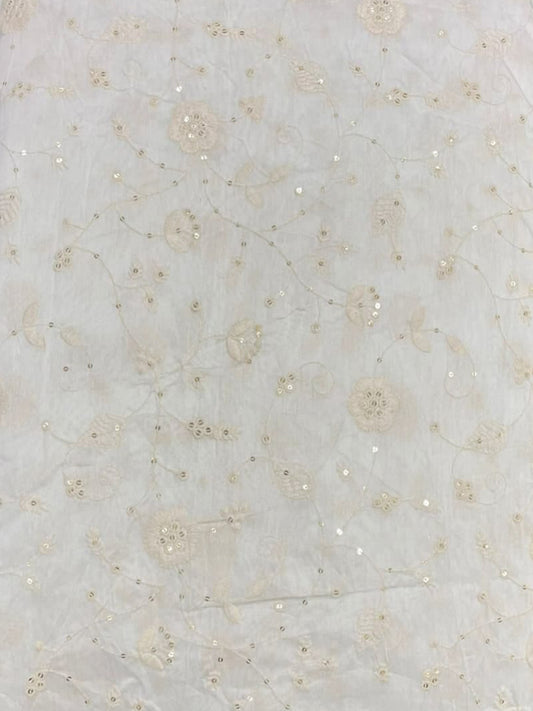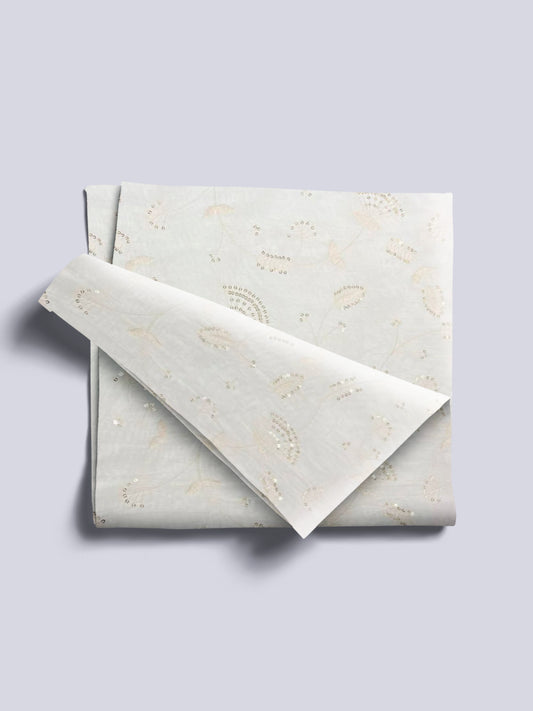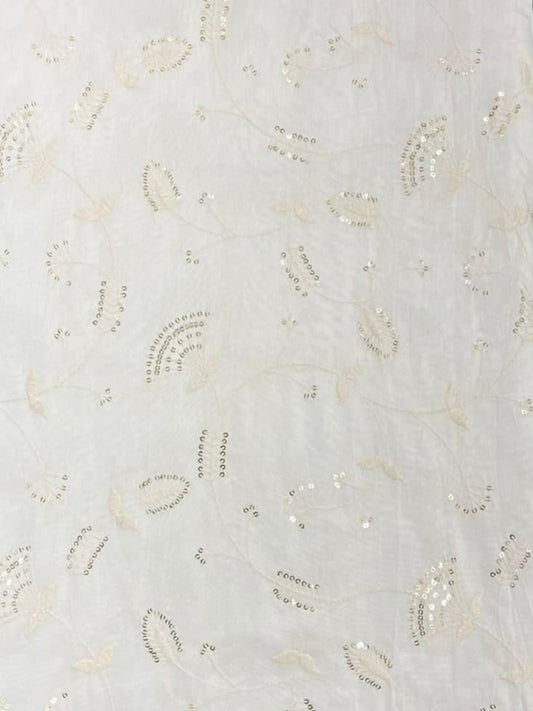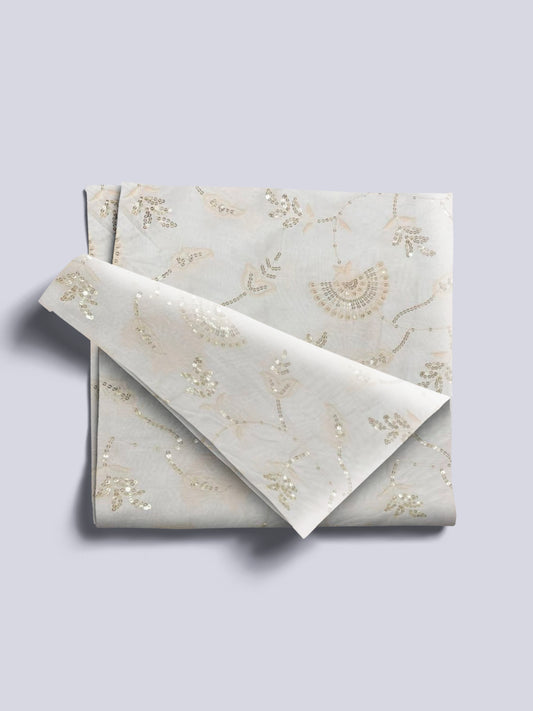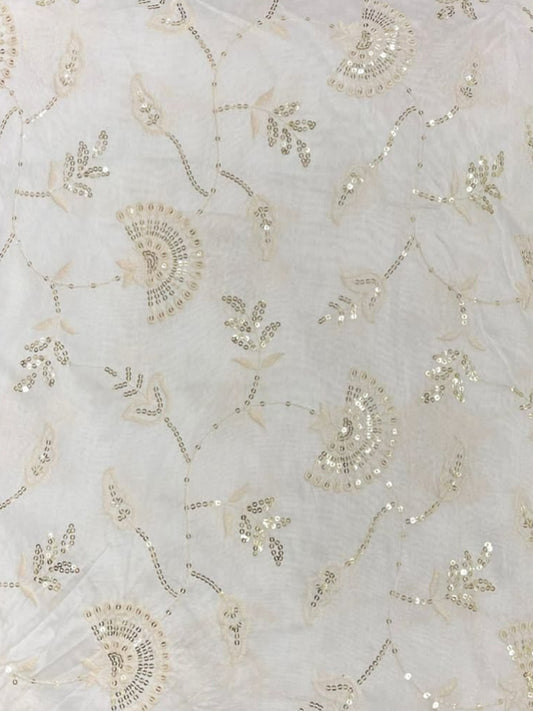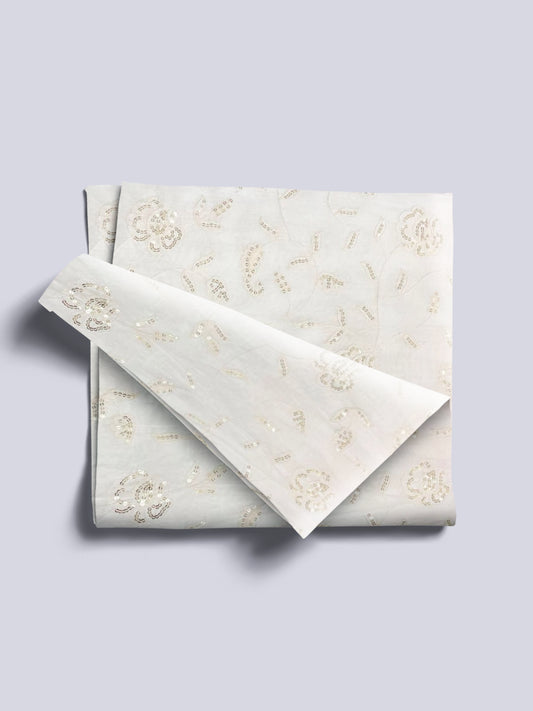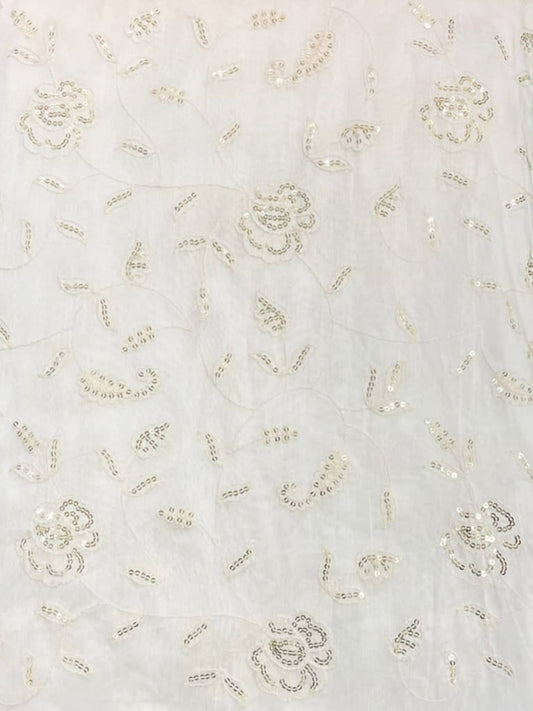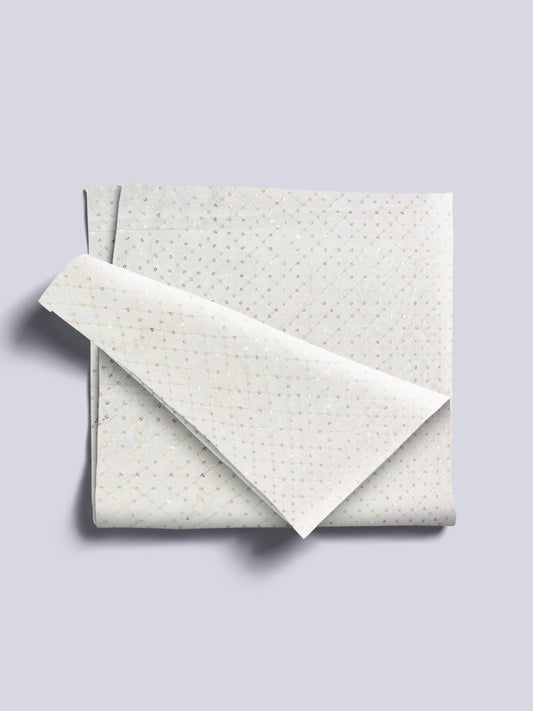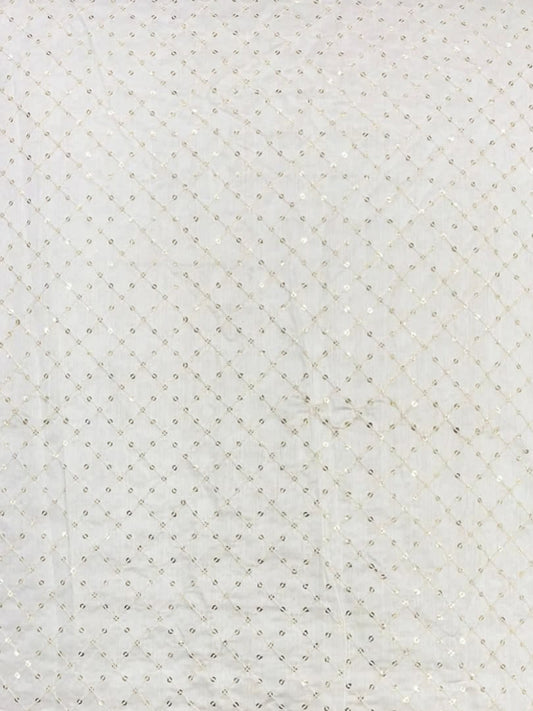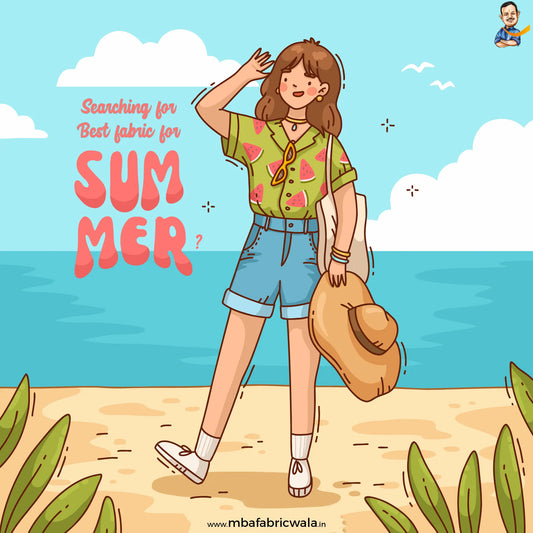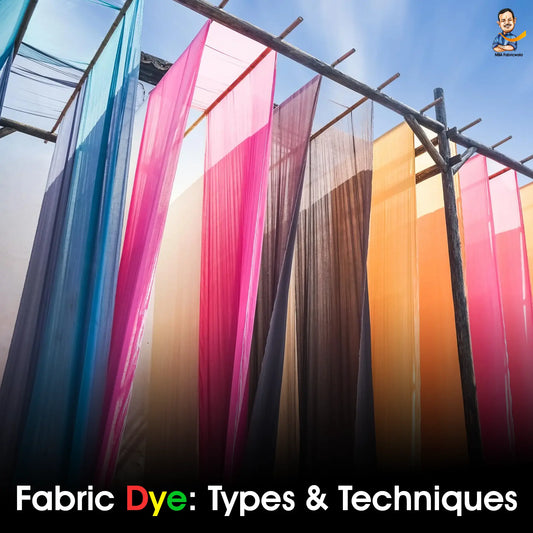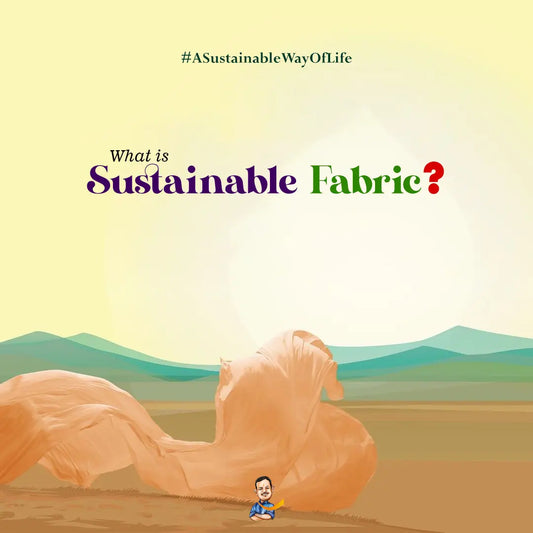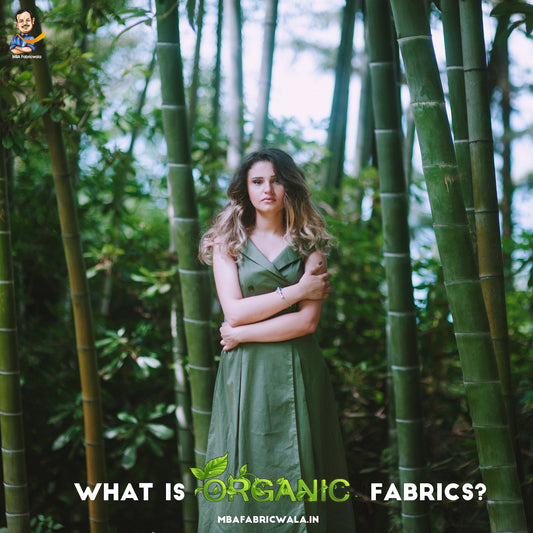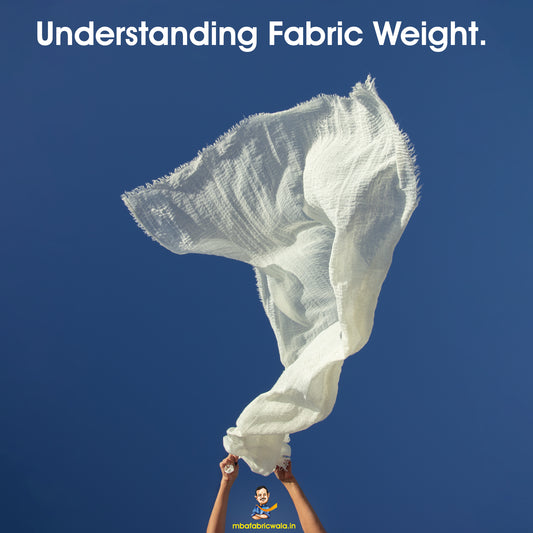Best Fabrics to Wear in Monsoon in India: Region-Specific Recommendations for Fashion Brands, Designers, and Boutique Owners
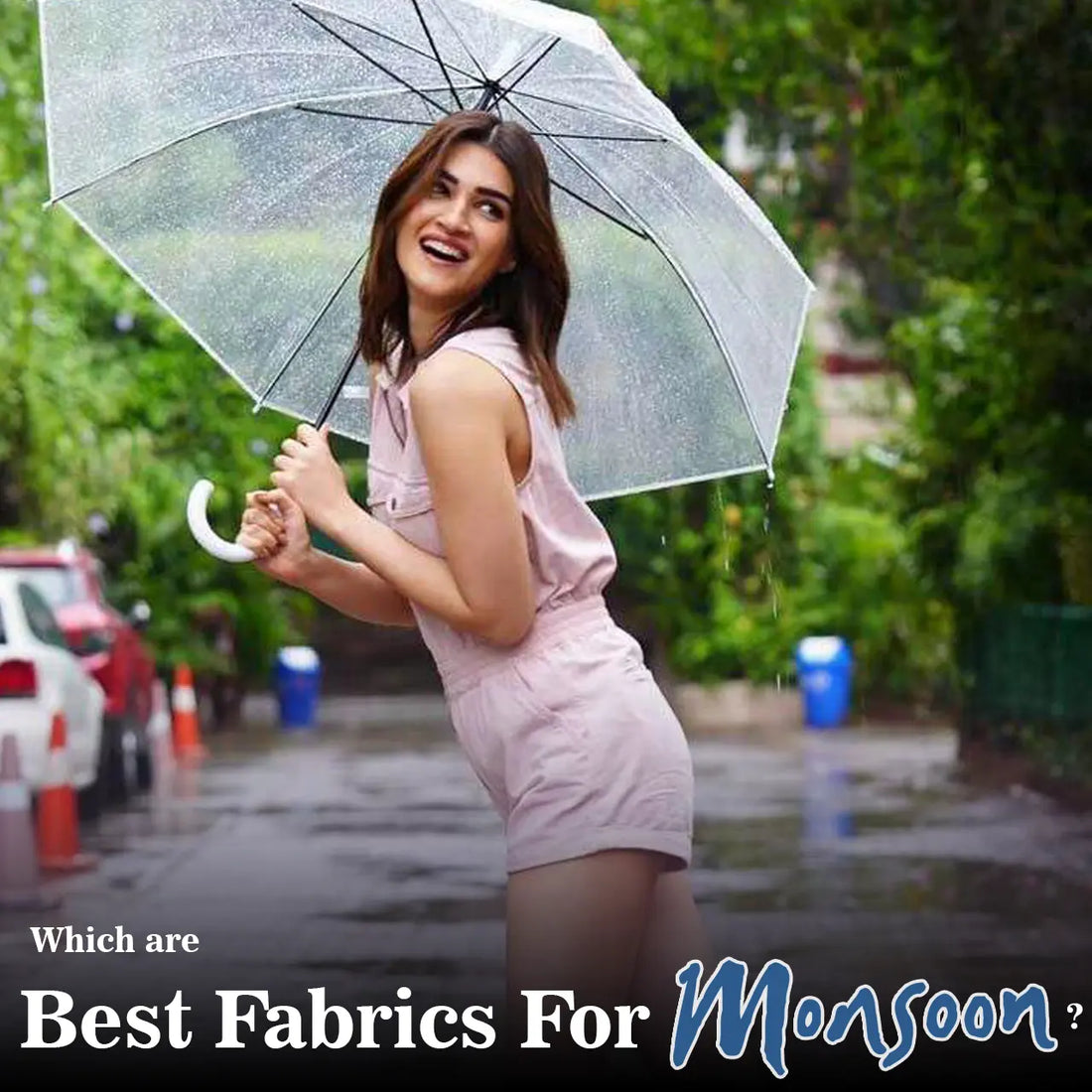

Key Considerations for Monsoon Fabrics
Before diving into region-specific recommendations, it's essential to understand the key characteristics that make certain fabrics ideal for the monsoon:
- Breathability: Ensures comfort by allowing air circulation.
- Quick-drying: Prevents discomfort and potential fungal infections.
- Lightweight: Reduces the likelihood of the fabric sticking to the skin when wet.
- Resistance to Wrinkling: Maintains a neat appearance even in humid conditions.

Region-Specific Fabric Recommendations in India
Northern India: Best Monsoon fabrics for North India.
Cotton and Cotton Blends: Northern India experiences high humidity and frequent rain showers during the monsoon. Cotton is an excellent choice due to its breathability and comfort. However, pure cotton can retain moisture, so blends with synthetic fibers like polyester can be more practical as they dry faster.
Khadi: This handspun, natural fiber fabric is not only breathable but also dries quickly. It’s perfect for maintaining a traditional yet comfortable look.
For Fashion Brands: Consider designing lightweight cotton kurtas and cotton-polyester blend leggings for both men and women, ideal for cities like Delhi.

Western India: Best Monsoon fabrics for West India.
Linen: In coastal regions like Mumbai and Goa, the humidity can be intense. Linen is highly breathable and absorbs moisture without feeling wet, making it ideal for these areas.
Rayon: This fabric is lightweight, comfortable, and dries quickly. It’s also less likely to cling to the skin, making it suitable for the humid monsoon climate.
For Designers: A linen dress collection for women or linen shirts paired with trousers for men can be popular in Mumbai’s sticky weather.

Southern India: Best Monsoon fabrics for South India.
Chiffon and Georgette: These fabrics are lightweight and quick-drying, making them suitable for the heavy rains and humidity of regions like Kerala and Tamil Nadu. They also drape well, providing a stylish appearance.
For Boutiques: Curate a range of chiffon sarees or georgette salwar kameez that can be both practical and elegant for daily wear in cities like Chennai.

Eastern India: Best Monsoon fabrics for East India.
Mulmul (Muslin): Known for its softness and breathability, mulmul is perfect for the humid climate of places like Kolkata. It allows air circulation and dries quickly.
For Labels: Offer a collection of muslin kurtas paired with leggings or skirts, ideal for the monsoon season in Kolkata.

Recommendations for Indian Diasporas
Fashion brands and designers catering to Indian diasporas in the USA, UK, EU, Canada, and Fiji should consider the local climate while selecting fabrics for their collections.
USA: Best Monsoon fabrics for the United States of America (USA).
Microfiber: In regions like the southeastern USA where summers can be hot and humid with occasional rains, microfiber fabrics are a good choice. They wick away moisture and dry quickly.
For Fashion Brands: Develop a line of microfiber activewear or casual wear for Indian expats in states like Florida.

UK: Best Monsoon fabrics for the United Kingdom (UK).
Tweed and Wool Blends: The UK’s rainy season can be chilly. Tweed and wool blends provide warmth and repel water to some extent. While heavier than other fabrics, they are suitable for the cooler monsoon climate.
For Designers: Create a range of wool blend blazers or tweed jackets, perfect for Indian professionals in London.

EU: Best Monsoon fabrics for the European Union (EU).
Polyester and Nylon: In many European countries, the rainy season coincides with cooler weather. Polyester and nylon fabrics are water-resistant and dry quickly, making them suitable for such climates.
For Boutiques: Stock polyester trench coats or nylon rain jackets for Indian students and professionals in cities like Berlin or Paris.

Canada: Best Monsoon fabrics for Canada.
Fleece and Softshell: The monsoon season in Canada can be quite cold, especially in coastal regions. Fleece and softshell fabrics provide warmth and have water-resistant properties.
For Labels: Offer softshell jackets layered over fleece pullovers, a practical choice for Indian families in Vancouver.

Fiji: Best Monsoon fabrics for Fiji.
Bamboo Fabric: With its tropical climate, Fiji experiences warm and wet weather during the monsoon. Bamboo fabric is breathable, moisture-wicking, and has natural antibacterial properties, making it ideal for such conditions.
For Fashion Brands: Design a line of bamboo t-shirts and shorts for the laid-back island lifestyle of Indian expats in Fiji.

Conclusion

Choosing the right fabric during the monsoon can greatly enhance comfort and style for your customers. By understanding the specific needs of each region and considering fabrics that offer breathability, quick-drying properties, and comfort, you can create collections that resonate with your audience. Whether you are a brand owner, designer, or boutique owner, these fabric recommendations will help you curate a monsoon-friendly collection that appeals to Indian customers both in India and abroad.
